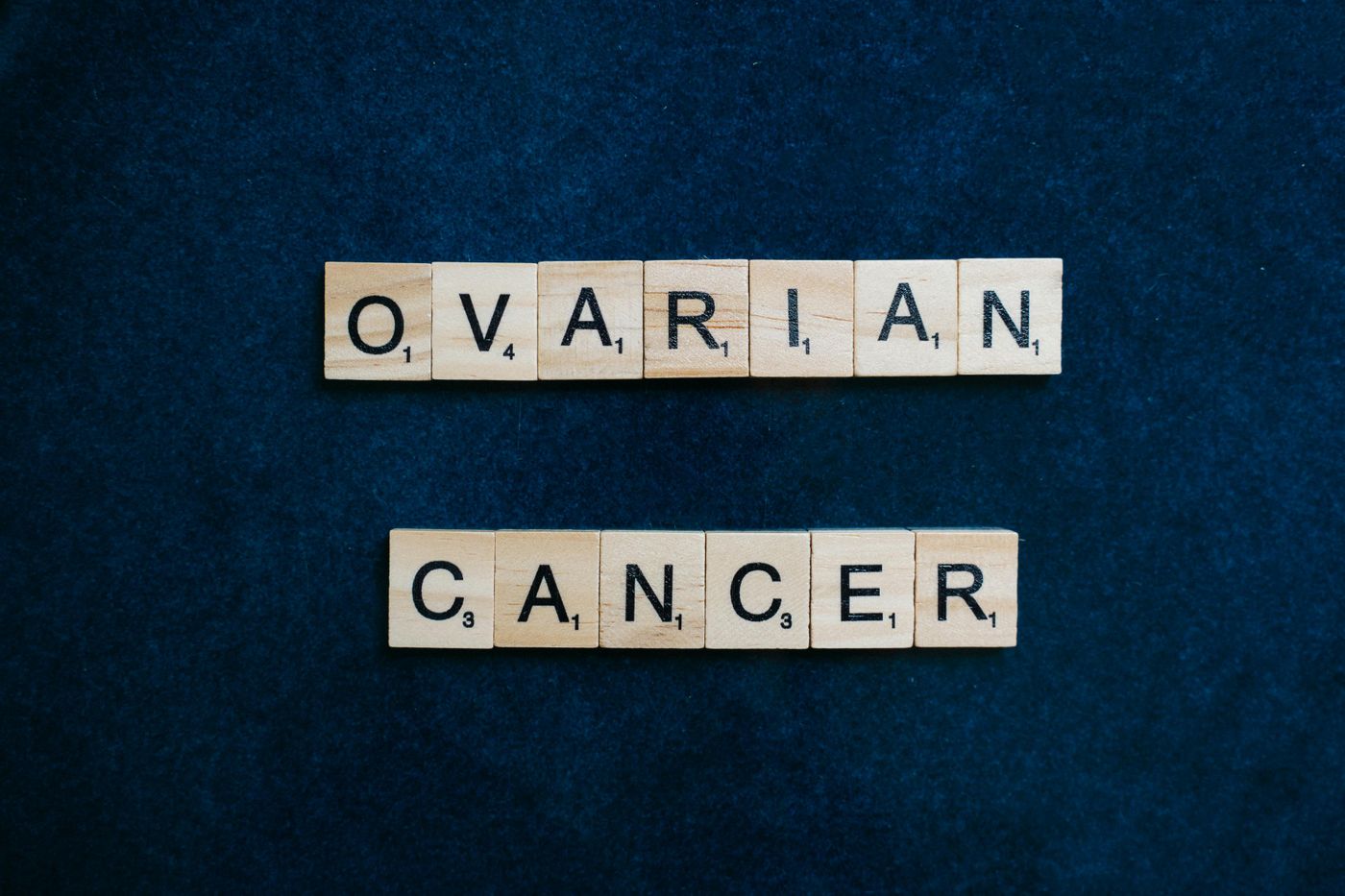Revolutions in gene therapy are rapidly changing the landscape of modern medicine.
Image by freepik
Revolutions in gene therapy are rapidly changing the landscape of modern medicine, forcing society and science alike to confront a pivotal question:…

Revolutions in gene therapy are rapidly changing the landscape of modern medicine.
Image by freepik
Revolutions in gene therapy are rapidly changing the landscape of modern medicine, forcing society and science alike to confront a pivotal question:…

Patients living with major depressive disorder, including those who have not improved with commonly prescribed antidepressants, may benefit from short-term nitrous oxide treatment, according to a large meta-analysis led by the University of…

(L-R) White House AI and Crypto Czar David Sacks, Secretary of Health and Human Services Robert F. Kennedy Jr., President Donald Trump, Centers for Medicare and Medicaid Services Administrator Mehmet Oz and acting administrator of DOGE…

Whooping Cough Cases Spike, Infants Killed in the US Amid Vaccine Declines
While pertussis, also known as whooping cough, declined during the COVID-19 pandemic, there has been a recent resurgence in the…

Between Halloween candy, Thanksgiving pies and holiday cookies, the end of the year is often packed with opportunities to consume sugar. But what happens in your mouth during those first minutes and hours after eating those sweets?
While…

Recent findings published in Scientific Reports highlight a promising target for ovarian cancer drug development, emphasizing the importance of Claudin-4 in tumor progression and resistance.
High-grade…

When Eunice Wu, 26 worked as a pharmacist, she was frustrated by…

During the warm months, Lake Erie becomes an ideal setting for cyanobacteria, also known as blue-green algae, to grow rapidly. Under these conditions, the algae can form large blooms that release toxins at levels capable of harming both wildlife…

An analysis of records from seven outpatient centers in the New York region found that 20 to 24% of all breast cancers diagnosed over an 11-year span occurred in women between 18 and 49 years old. These findings are being presented at the annual…